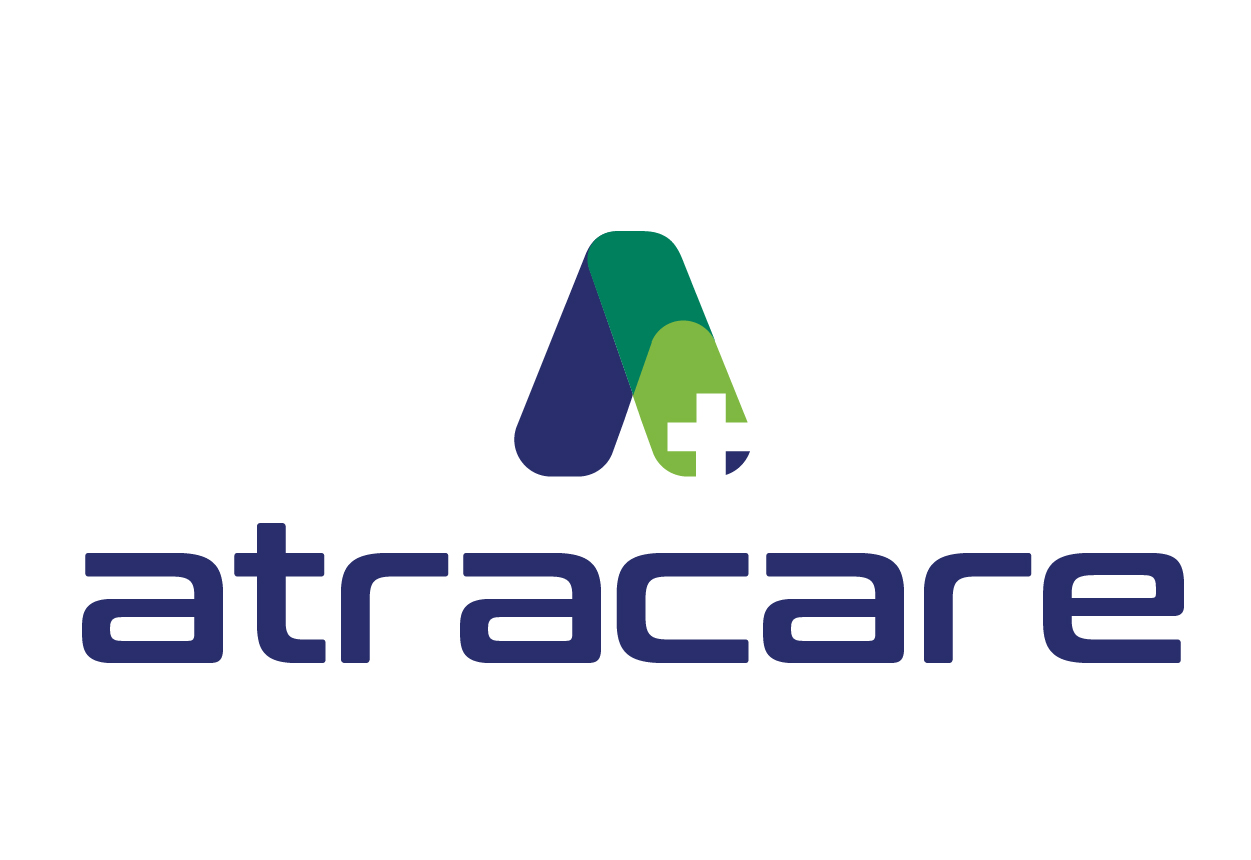A Summer Boom Built on the Backs of Seasonal Workers
Rehoboth Beach and its neighboring towns are thriving summer destinations. But behind the storefronts, seafood platters, and sunbathers is a workforce crisis that has employers scrambling to provide a basic necessity: housing.
Every year, businesses along Delaware’s coast rely on seasonal workers, many of whom are college students from abroad on J-1 cultural exchange visas. These students are essential to keeping restaurants, shops, and hotels running during the region’s busiest months. But now, they’re struggling to find a place to live.
So what’s changed? In short: skyrocketing real estate prices and the short-term rental boom have squeezed out affordable housing — and employers are stepping in with their own wallets.
The Vanishing Rental Market
Let’s talk numbers:
-
Median listing price in Sussex County (May 2024): $550,000
-
A four-bedroom house near Rehoboth Beach: Around $4,000 per week
-
Available homes for every 100 low-income renters in Delaware: Only 31
(National Low Income Housing Coalition, 2022)
What used to be long-term rentals have been bought up, renovated, or torn down — replaced with weekly vacation rentals or luxury homes well out of reach for workers earning hourly wages.
As Susan Wood, co-owner of The Cultured Pearl, bluntly put it:
“The real estate is just too valuable. It’s going to have to be some kind of government program.”
When Housing Becomes an Employer’s Burden
With few affordable rentals available — and a Department of State requirement that J-1 students live within 4 miles of their jobs — employers have had no choice but to get creative:
-
La Vida Hospitality (Crooked Hammock, Taco Reho) is managing rental units in a pilot program for J-1 workers.
Five condos. Seven to eight students per unit. Rent deducted from their paychecks. -
Highway One Group (Alex Pires) owns multiple employee housing properties in Dewey Beach.
-
Fins Hospitality Group is leasing housing for four of its J-1 workers this season.
-
The Cultured Pearl’s owners used their personal savings to buy homes exclusively for their summer staff.
-
Even Coldwell Banker Premiere’s Kathy Newcomb, who co-owns Irish Eyes Pub, noted the danger students face commuting miles by scooter or bike along Coastal Highway.
This is the cost of doing business at the beach now. It’s housing or bust.
A Critical Workforce, Still Recovering
While the J-1 visa program has rebounded from pandemic-era restrictions, numbers haven’t fully recovered. Just look at this summer’s staffing:
-
Rehoboth Beach: 394 J-1 students (goal: 1,600)
-
Bethany Beach: 119 (about one-third of pre-pandemic levels)
-
Fenwick, Ocean View, Millville: Fewer than 110 combined
The cultural exchange aspect is important — “The work ethic they bring is infectious,” said Haley Ward of La Vida — but more than that, J-1 workers are keeping businesses open during the make-or-break summer season.
“We’re talking having to close a couple days a week versus being open seven days,” Ward said.
What’s the Government Doing?
Despite a growing crisis, policy solutions are lagging behind:
-
Delaware’s 2024 budget includes $30 million for affordable housing.
-
Sussex County distributed $2 million this year from its Housing Trust Fund, expected to support 160 affordable units, mostly inland.
-
Yet no targeted solutions exist for seasonal or J-1 housing, and local leaders admit as much.
“We don’t have enough (housing) for our own workforce,” said Sen. Russ Huxtable (D-Lewes). “So of course we don’t have it for the J-1s either.”
A Call for Creative Solutions
There’s no one-size-fits-all fix, but a few ideas are being floated:
-
Incentivizing developers through tax credits or zoning changes to build dormitory-style housing or seasonal worker accommodations.
-
Public-private partnerships that leverage employers’ willingness to invest.
-
Municipal leadership to preserve or repurpose existing properties (e.g., boarding houses, underused churches) into housing.
But so far, it’s been the employers — not the policymakers — who are doing the heavy lifting.
Housing & Job Tips for J-1 Students in Rehoboth Beach
Rehoboth Beach is one of the most popular destinations for J-1 students spending the summer in the U.S.—but finding affordable housing can be one of the biggest challenges.
While some students explore working with realtors, this route can be expensive and often requires rental history or landlord references, which many students don’t have. Instead, most students choose to sublet a room or share a space with fellow Irish or American students. If you’re looking to make things easier, Dewey Beach—just a few minutes from Rehoboth—is a smart place to start. It’s typically more flexible when it comes to short-term summer rentals, and in previous years, about two-thirds of students working in Rehoboth secured housing in or around Dewey Beach.
To get started with your housing search, check out:
-
Rehoboth Summer Place – specifically geared toward student rentals
And for learning more about the area:
Looking for Work?
The good news: jobs are usually easy to find in beach towns like Rehoboth. With thousands of tourists visiting every week, there’s constant demand for workers in restaurants, hotels, retail, cleaning services, and more.
Start your search here:
Helpful Videos for J-1 Students in Rehoboth & Dewey Beach
Final Thoughts: Hospitality with a Hidden Cost
If you’re enjoying crab cakes, cocktails, and carousel rides at the Delaware beaches this summer, remember this: someone cleaned that room, cooked that dish, and rang up that souvenir — and they likely share a condo with seven others, paid for by their boss.
Without immediate action, the pipeline of J-1 workers may shrink even further. And without them? Businesses will cut hours. Locals will wait longer. And visitors may find less charm in their summer escapes.
The Delaware beach economy depends on seasonal workers.
But now, the question is: who’s helping them stay?

























